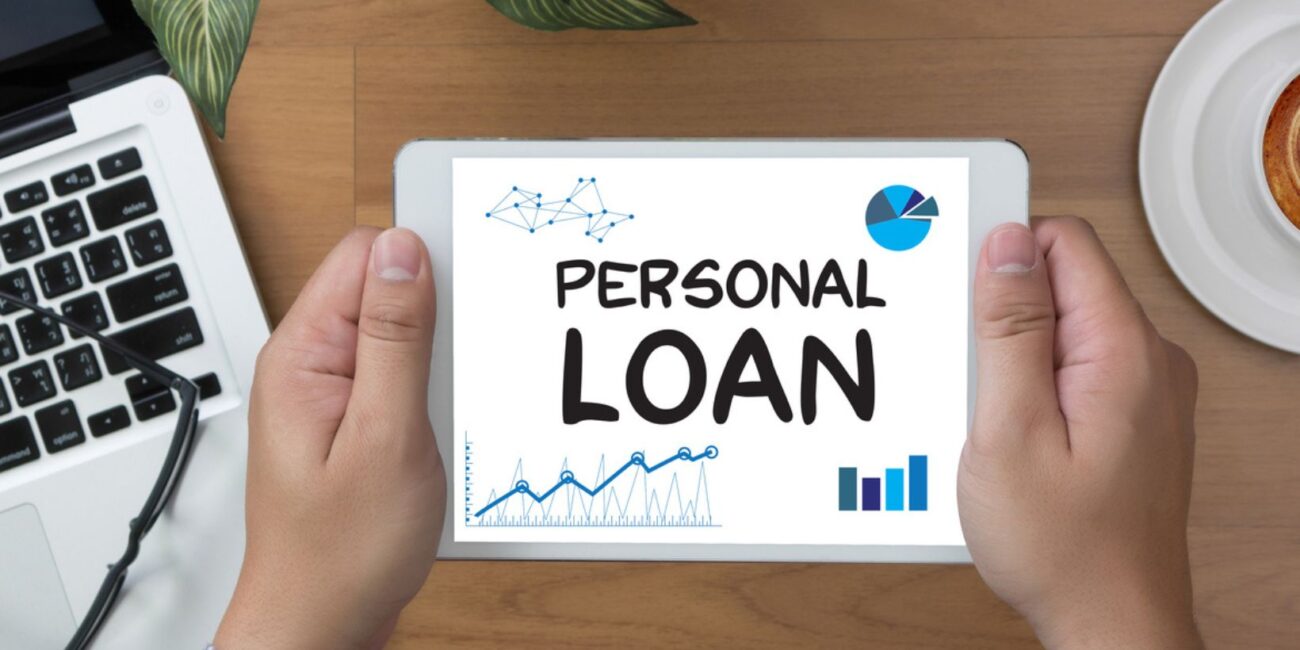When unexpected expenses arise, or you need a little extra cash to cover a crucial expense, a small personal loan might seem like the perfect solution. But before you jump into the application process, you should understand what you’re getting into. Personal loans can offer quick relief, but there are a few things you should consider to make sure it’s the right choice for you.
That said, here are some of the things you need to know:
Understand Small Personal Loan Types
Small personal loans come in two main forms:
Secured Personal Loans
Secured loans require you to offer collateral—something valuable like your car or savings account. If you can’t repay the loan, the lender has the right to take that collateral. This makes the lender feel more secure and might lead to lower interest rates for you.
Unsecured Personal Loans
Most small personal loans fall under unsecured loans. These loans don’t require collateral, but they often come with higher interest rates. Because the lender is taking a bigger risk, they make up for it by charging more.
It’s crucial to understand which type of small personal loan suits your situation. If you’re not comfortable with the idea of putting up collateral, an unsecured loan might be a better fit.
Research the Total Costs
When evaluating loan offers, don’t just look at the monthly payments. Consider the total cost of the loan over its lifetime. A longer repayment loan term may lower your monthly payment but result in paying more in interest over time.

For example, a USD$5,000 loan at 8% interest over three years can cost you about USD$6,300. If you stretch that amount over five years, you may end up paying closer to USD$7,200, depending on the interest rate.
Therefore, understanding the Annual Percentage Rate (APR) is vital. It includes both the interest rate and any associated fees, giving a clear picture of the overall cost.
Compare Different Lenders
When looking for personal loans, it’s essential to compare lenders since different lenders offer varying terms and conditions. Banks, credit unions, and online lenders each have their own interest rates, repayment terms, and fees. Shopping around will help you find the best option for your situation.
Interest rates can vary depending on both your credit score and the lender. For instance, a lower interest rate means you’ll pay less over the life of the loan.
In terms of repayment, some lenders offer shorter loan terms, like two or three years, while others might let you repay over five years or more. Keep in mind that the repayment length can impact both your monthly payment and the total interest paid.
Additionally, fees can add up, so make sure you review them closely. Some lenders charge origination fees, late payment penalties, or even prepayment penalties. Reading the fine print ensures you understand all the costs involved.
Consider Your Ability to Repay
Taking out a loan means committing to monthly payments. As such, it’s essential to look at your budget and make sure you can comfortably manage these payments without straining your finances.

If you miss a payment, it’ll affect your credit score, and you might also face late fees and increased interest rates. This can quickly lead to a cycle of debt that’s hard to escape.
So, before applying for a small personal loan, ask yourself: Can you afford the loan payments plus your regular living expenses? And if an unexpected financial challenge comes up, will you still be able to make your loan payments on time?
Check Your Credit Score
Your credit score plays a significant role in whether you’ll get approved for a small personal loan and what interest rate you’ll qualify for. The better your score, the more likely you are to secure a loan with the lowest rates.
Before applying, check your credit history to ensure it’s accurate. If there are any errors, fix them before submitting your application.
And if your score isn’t where you’d like it to be, consider improving it. You can do this by paying off some existing debt or making timely payments for a few months before applying.
Explore Alternatives
While small personal loans can be a great solution, there are other options to consider. Depending on your situation, you may find other alternatives that better suit your situation.
Here are a few options to consider:
Credit Card Debt
If you only need a small amount of money for a short period, a low-interest credit card might be a better option. However, be careful, as carrying a balance can lead to high interest charges.
If you’re overwhelmed by debt and exploring all your options, bankruptcy might come to mind. But before considering it, it’s important to understand the long-term consequences and legal implications—including how many times can you file bankruptcy, as it varies based on the type and your financial history.
Credit Unions
Credit unions often provide lower interest rates than traditional banks, making them a more affordable option for personal loans. They may also offer more flexible options, giving you greater control over repayment terms.
Family and Friends
Borrowing from family or friends can be a helpful option if you need a small loan and have someone willing to assist. However, make sure you establish clear terms upfront to avoid any potential misunderstandings.
Peer-to-Peer Lending
Peer-to-peer lending allows borrowers to connect directly with individual lenders through an online platform. While the interest rates are often lower than those offered by traditional banks, you need to watch out for potentially higher fees.
Exploring these alternatives can help you find a solution that best fits your financial needs. Make sure you weigh your options carefully before committing to any loan to find the best solution.
Conclusion
Small personal loans can be a convenient way to cover unexpected expenses or fund a planned purchase. But before applying, you must first understand how it works, the terms involved, and how they’ll affect your financial situation. Remember, the right decision sets you up for long-term financial success, not just short-term relief. With the above tips, you can choose the best solution for your needs. Just do your research and take the time to make informed decisions.



